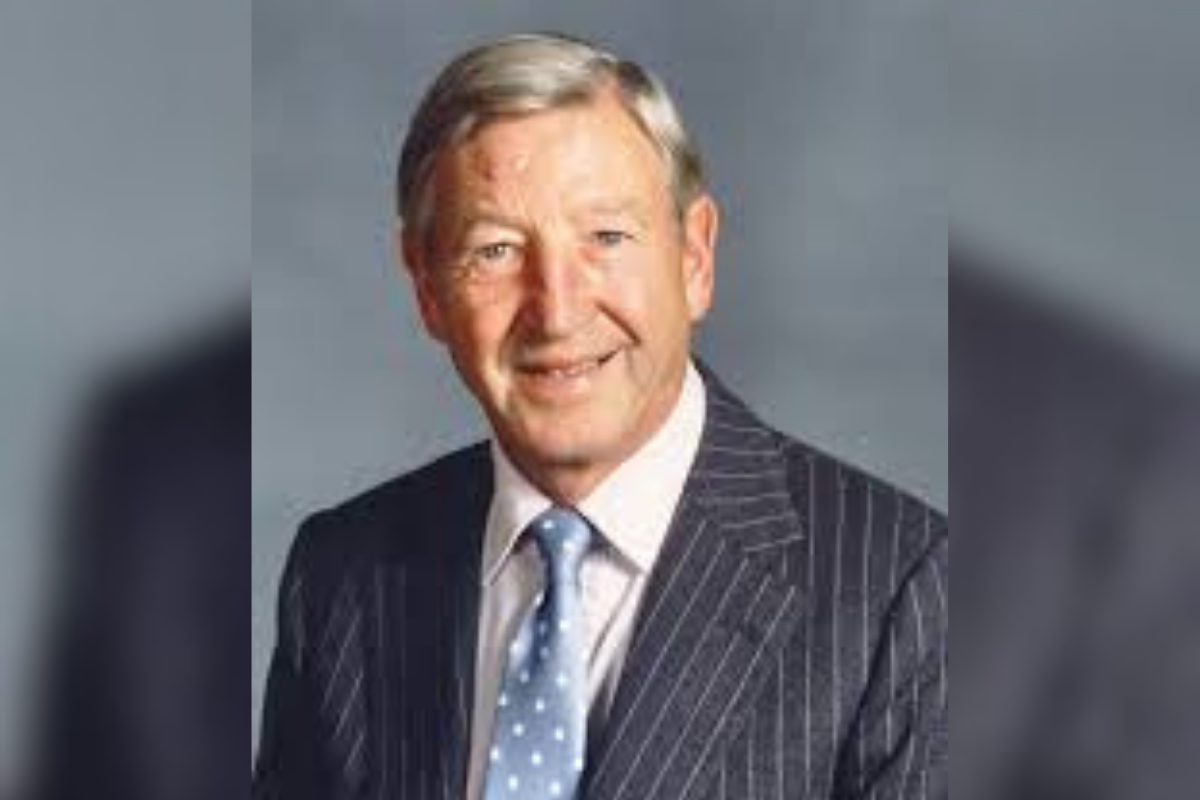BBC Presenter Nina Warhurst Addresses Age and Accent Criticism with Wit

BBC News at One presenter Nina Warhurst has recently found herself at the center of an online debate after a viewer criticized her choice of skirt and Mancunian accent. The 44-year-old journalist, who transitioned from BBC Breakfast to the lunchtime broadcast earlier this year, shared the unsolicited feedback on her Instagram Story, showcasing the comment that questioned the appropriateness of her skirt length for her age and praised a move towards 'received' pronunciation.
Warhurst's response was both witty and pointed, as she translated the critique into a playful jab at the underlying sexism and regional bias. 'Translation: if you're gonna look like an old trout, it's more acceptable if you don't sound Mancunian. Noted,' she wrote, highlighting the absurdity of the comments. This incident marks another example of the challenges female journalists face regarding their appearance and speech in the public eye.
The backlash against the viewer's comments has sparked a broader conversation about the expectations placed on women in media, particularly concerning age and regional accents. Warhurst's handling of the situation has been praised for its humor and grace, serving as a reminder of the resilience required to navigate the often harsh scrutiny of public life.
As Warhurst continues her role on BBC News at One, her experience underscores the ongoing struggle for respect and equality in the workplace, regardless of gender, age, or accent. Her ability to address criticism head-on, with a mix of sarcasm and strength, offers a blueprint for others facing similar unwarranted critiques in their professional lives.



